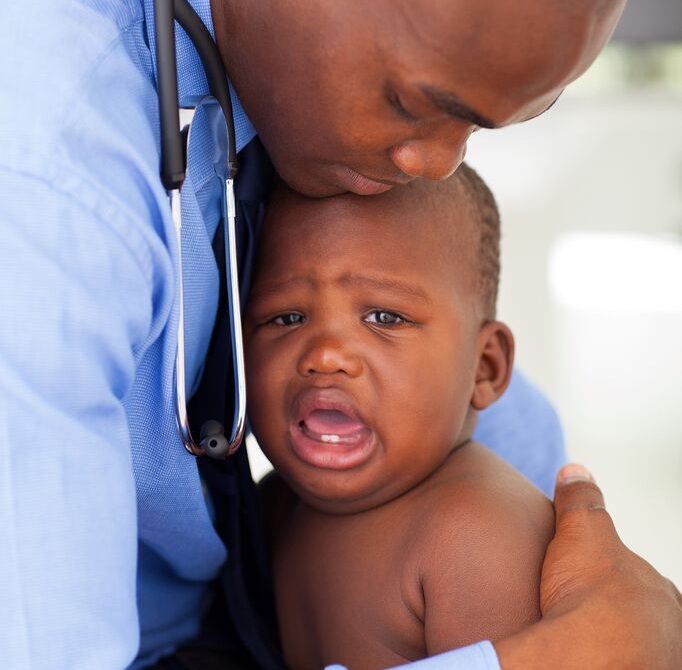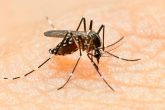
Did you know that an African child still dies every two minutes from malaria?
Of the 214 million clinical cases of malaria that occurred globally in 2015, 90% of them were in Africa. Together, the Democratic Republic of the Congo and Nigeria account for over 40% of the estimated total of malaria deaths globally.
Malaria is endemic in all of West Africa, and the population at highest risk includes children, pregnant women, and people with immune system dysfunction. Social and economic consequences are directly related to the illness and death that occur as a result of malaria. Children are unable to learn because they spend days away from school and adults lose workdays and opportunities for private enterprise.
The severity of malaria fosters a situation where the populace is often in poor health leading to a low gross national income and poor economic growth.
Malaria Score Card
In February 2016 at the African Union Heads of State summit in Addis Ababa, thirteen African countries including Botswana, Liberia, Mali, Namibia, Senegal, and Rwanda were awarded for their progress in the fight to eradicate malaria. Eight of them met the 2015 Millennium Development Goal for malaria and the other five made significant strides in their progress in Malaria control.
Several African countries including Nigeria receive assistance from donors such as the Global Fund to Fight AIDS, Tuberculosis and Malaria, the United States’ President’s Malaria Initiative, and the United Kingdom’s Department for International Development.
Founded in 2009, the African Leaders Malaria Alliance (ALMA) is a groundbreaking coalition of 49 African heads of state and government working across country and regional borders to achieve a malaria-free Africa by 2030. Two score cards – ALMA Scorecard for Accountability and Action and the ALMA 2030 Scorecard Towards Malaria Elimination – exist, which African heads of state have pledged to abide by.
In February, African leaders at the summit committed to achieving and sustaining high levels of coverage with effective interventions. They also committed to increasing domestic public and private funding for the battle against malaria.

